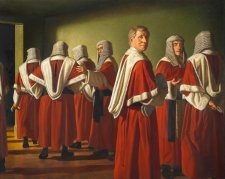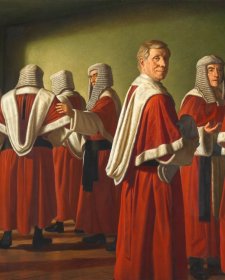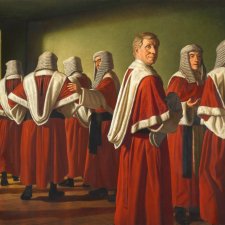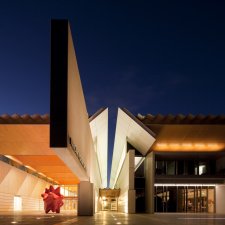Throughout the whole of the time that I was in practice, there were no women jurors in South Australia; women jurors didn’t see service until after I came onto the Bench and I felt that it would be a disservice to the client if I appeared in most criminal cases where I would be a curiosity. But I’m pleased to say that today that no longer exists as far as the women lawyers are concerned.
I certainly did not ever expect to be a Supreme Court judge, not at any time, not after I took silk, not at any time until the then attorney-general asked me to lunch and told me that he wanted to recommend my appointment. The reason for that was, I think, the fact that appointments are made by governments. I think in the old days, governments consisting almost exclusively of men were unlikely to appoint women. I think that position’s probably changed now, that governments are looking for women to appoint to key positions and it would be unfortunate if we had the statutory woman who was appointed because she was a woman. I’m as vehemently opposed to that as I am to a woman being kept out of an appointment because she is a woman.
I must say that I didn’t really want to be a judge. I liked life at the bar. And I knew for six weeks that I’d agreed to take the appointment before, in fact, the appointment was made and they were a very unhappy six weeks. I was very miserable about the prospect of leaving the work which I really did like. On the other hand, I was pleasantly surprised when I became a judge. The excitement has gone, there’s no interest in how the case will finish, there’s no feeling of triumph at any stage, but on the other hand, I have never found any of the work dull or boring. I have liked the work and I continue to like it.













